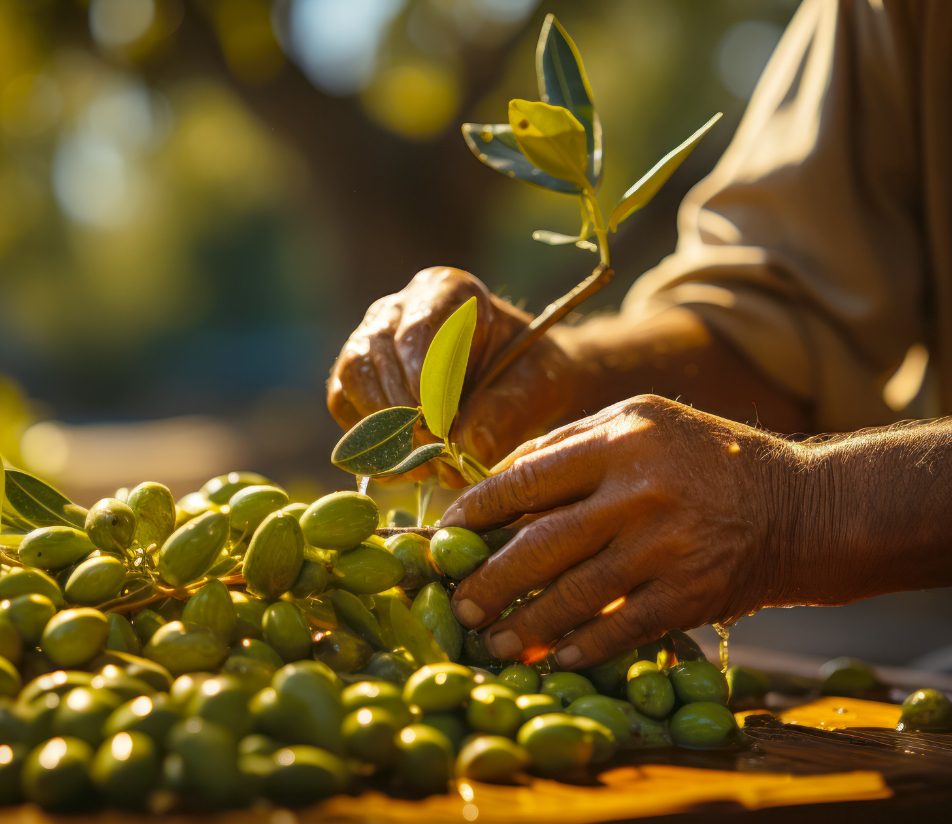
Egypt, with its rich agricultural heritage and favorable Mediterranean climate, has long been home to a thriving olive industry. The cultivation and production of olives in Egypt date back thousands of years, with ancient civilizations such as the Pharaohs and Greeks highly valuing the versatile fruit for its oil, flavor, and medicinal properties.
Today, Egypt’s olive sector continues to evolve, driven by innovative farming practices, improved crop varieties, and growing demand for high-quality olive oil both domestically and internationally. With its unique terroir and commitment to sustainable agriculture, Egyptian olive producers are increasingly making a name for themselves in the global market, offering a distinct and flavorful contribution to the world of olive cultivation.
In 2022, Egypt’s olive exports from January to May exceeded $30 million. In 2023, the export value of olive oil from Egypt totaled $19.9 million, a significant increase of 489% compared to 2022.

Egypt is the second-largest producer of table olives in the world, accounting for 18.8% of global production, Egyptian olive production is expected to reach 1.4 million metric tons by 2026, growing at an annual rate of 2.7%.

The top importers of Egyptian table olives are part of a significant global market. According to the International Olive Council, the main importers of table olives worldwide are:
The United States, accounting for 23% of global imports. Brazil making up 17% of global imports and the European Union representing 16% of global imports.
These three markets combined account for 56% of global table olive imports. Other notable importers include Australia, Canada and Russia.

Follow us —